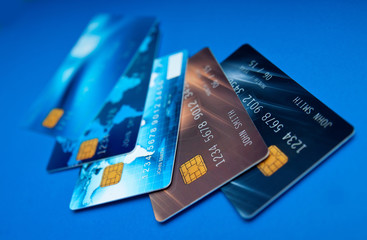
Dedicated financial professional Jerome Arthur Uffner is the senior vice president of Fidelity National Information Services (FIS). Having worked in the payment solutions sector throughout his career, Jerome Uffner is experienced with everything from mobile payment technology to prepaid card technology. Here are several things you should know about prepaid cards:
They act more like debit than credit.
While prepaid cards spend like credit cards, they are not backed by credit. Rather, they are most similar to debit cards in that you are spending your own money, not borrowing someone else’s. You don’t need a bank account of prepaid cards, either, and must load money directly to them in order to make purchases.
They make money management easier.
Saving and spending your money responsibly requires that you build a habit. Having a prepaid card helps you to develop this habit because you cannot overspend on your prepaid card. Having this limit forces you to be more disciplined with money.
They do have fees.
Unlike a credit card, you will not pay interest on a prepaid card, but that doesn’t mean it comes without fees. Some prepaid cards have inactivity fees, monthly fees, and transaction fees. These are often hidden, so make sure you take the time to look into them fully.

You must be logged in to post a comment.